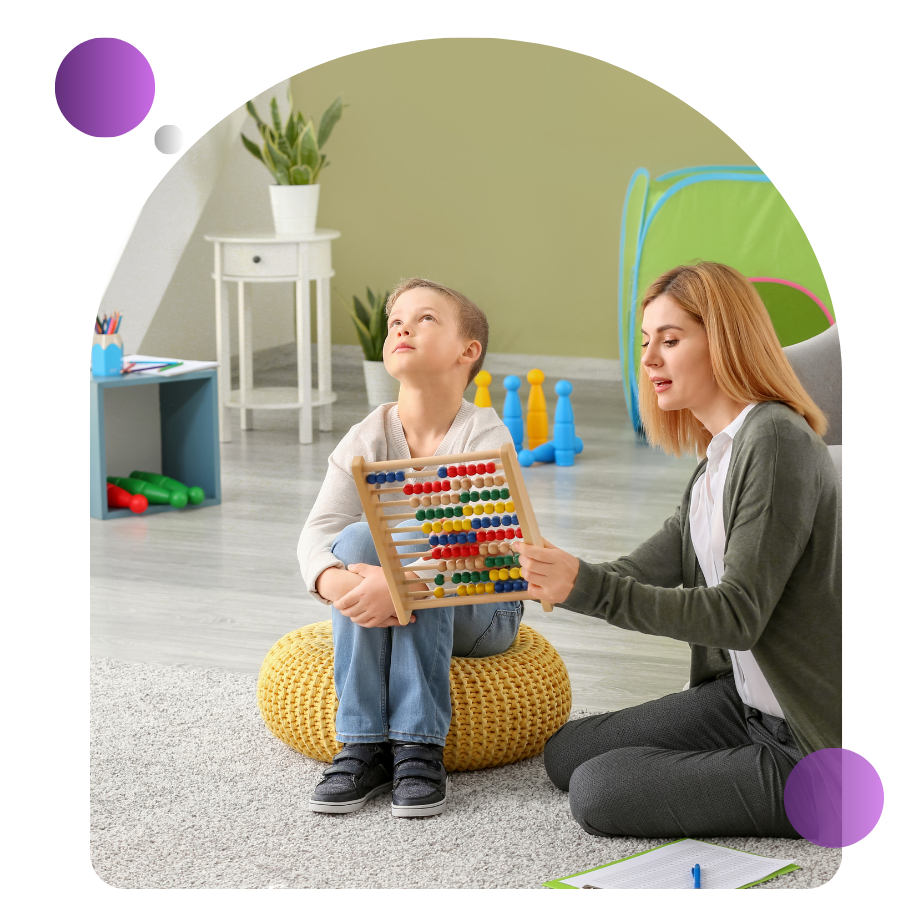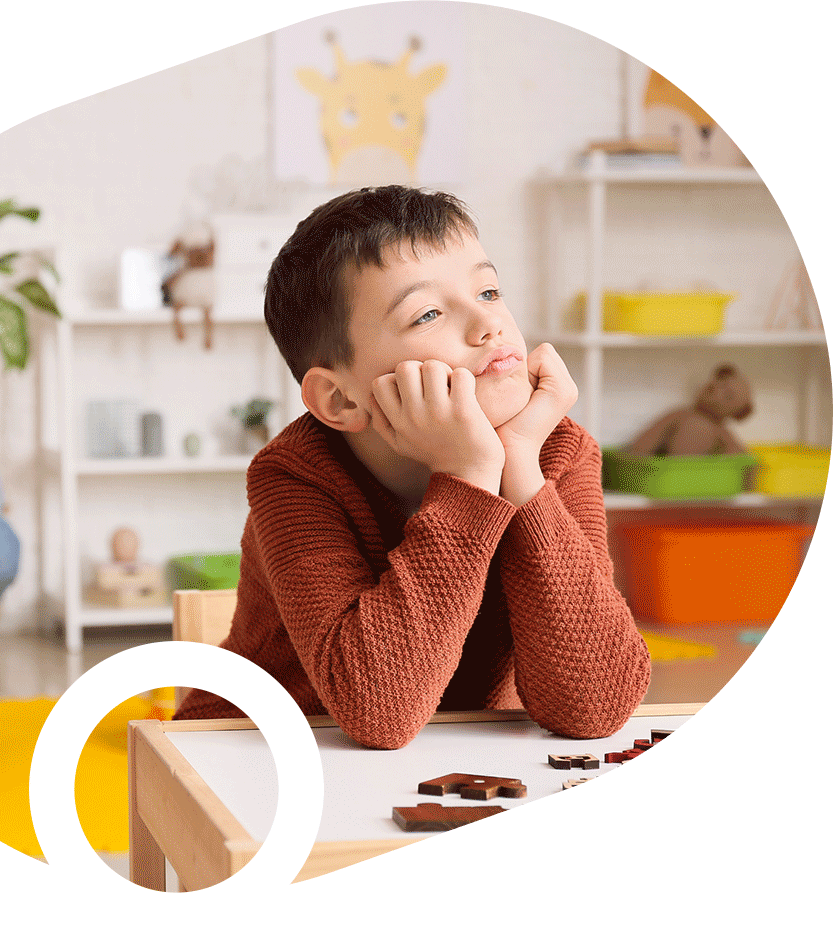

Social Communication Disorder (SCD)
Social Communication Disorder (SCD)
When Social Skills Need Support: What is SCD?
Social Communication Disorder (SCD) is a condition where individuals have difficulty with verbal and non-verbal communication needed for social interaction. This can impact understanding and using language in social settings, such as making eye contact, taking turns in conversation, and using language appropriately in different situations.

How Therapy Helps:
Therapies such as speech-language therapy and behavioral therapy are effective in supporting individuals with SCD. Speech-language therapy focuses on improving communication skills, including conversational skills, vocabulary, and understanding social cues. Behavioral therapy helps with social skills training, like how to respond in social situations, take turns in conversations, and interpret non-verbal cues.
Advice for Supporting Children with Social Communication Disorder

What Research Says
- Early intervention is key:
Research shows that early speech therapy can significantly improve communication skills in children with SCD, especially when started at a young age (American Journal of Speech-Language Pathology, 2015). - Social skills training improves outcomes:
Studies indicate that behavioral therapy focused on social skills training can improve peer relationships and self-confidence in children with SCD (Journal of Autism and Developmental Disorders, 2017). - Parental involvement enhances therapy success:
When parents are actively involved in reinforcing skills at home, children with SCD show more significant improvements in social communication and language development (Journal of Speech, Language, and Hearing Research, 2018).
Helping Kids Connect: Frequently Asked Questions
Children with SCD may experience difficulty with social interactions, including trouble maintaining conversations, understanding body language, and using language appropriately in different contexts. Symptoms may include:
- Difficulty taking turns in conversation.
- Trouble understanding sarcasm, jokes, or idioms.
- Limited eye contact or difficulty reading facial expressions.
- Challenges in understanding and responding to social cues (like tone of voice or body posture).
Early signs of SCD can appear as early as 2-3 years old. Watch for signs such as:
- Limited verbal communication or difficulty using words for social purposes.
- Problems understanding or following social rules, like greetings, taking turns, or making requests.
- Limited interest in playing with peers or engaging in group activities.
- Difficulty adjusting communication style based on the listener (e.g., speaking differently with friends vs. adults).
If you notice these signs, it’s important to consult a specialist for an evaluation as early intervention can make a significant difference in a child’s development.
Speech therapy helps by improving skills like turn-taking in conversations, understanding non-verbal cues (like facial expressions and gestures), and using appropriate language in different social contexts.
If your child struggles to engage in back-and-forth conversations, has difficulty understanding social cues, or avoids social situations, it may be a sign they could benefit from therapy.
Therapy outcomes can vary, but children who receive early intervention tend to show significant improvements over time. The duration will depend on your child’s needs and progress.
Encourage regular social interactions, practice conversation skills, and use visual aids and social stories to reinforce social norms and expectations in various situations.
